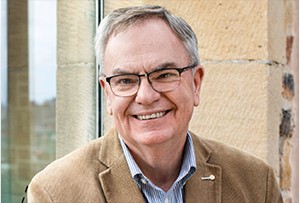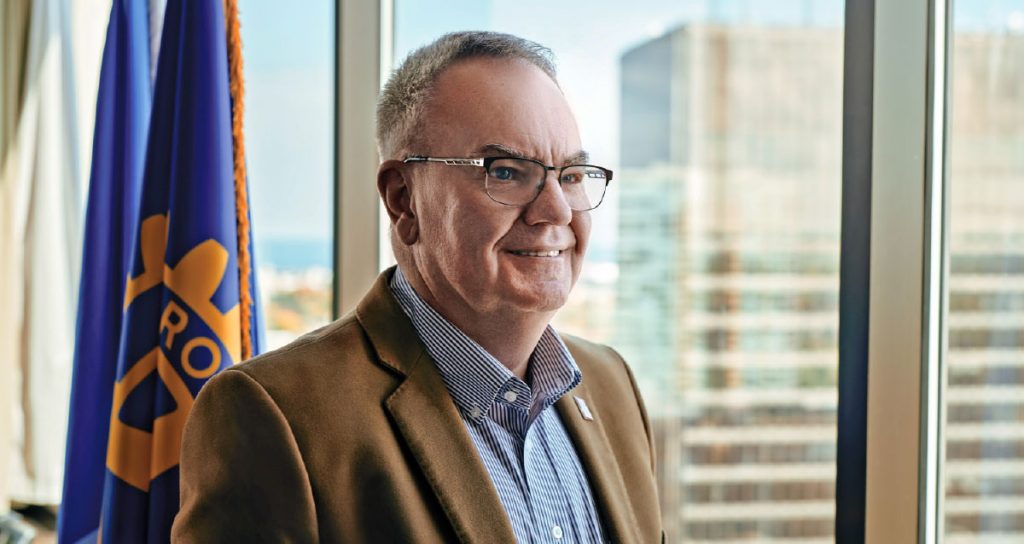There are many pathways to peace, and in Rotary, we are fortunate to have Rotary Peace Fellows who demonstrate this truth time and again. Each year, Rotary awards up to 130 fellowships for leaders around the world to study peace and development, and what these peace fellows learn prepares them to work in conflict prevention and resolution and promote Positive Peace. Here are a few examples of the creative ways peace fellows advance peace:

Promoting sustainability
Alejandra Rueda-Zarate combined her Rotary Peace Fellowship in peace and conflict resolution with her master’s degree in energy and resources to support her dream of protecting the Colombian countryside.
She founded the organisation NES Naturaleza in 2011 to help farmers in Colombia and across rural Latin America gain access to knowledge and training to uphold sustainable farming standards. That support has improved the lives of nearly 4,500 farmers, inspiring many of them to become entrepreneurs. And it’s helped promote both natural and social sustainability throughout Latin America.
Ending racism
Peace fellows Geoffrey Diesel and Kathy Doherty have applied their fellowships in peace and development studies toward co-founding the Racial Equity Project, a subcommittee of Rotary Positive Peace Activators in North America committed to studying ways to create a more peaceful society through anti-racism efforts.
The Racial Equity Project takes a deep look into how the eight pillars of Positive Peace could support efforts to address racism, and it works to spread this message to communities across North America. The organisation initially grew from Rotary’s strategic partnership with the Institute for Economics and Peace, a global think tank dedicated to promoting Positive Peace.
Managing disasters using data
Through a Rotary Peace Fellowship, Jamie LeSueur earned a master’s degree in social science within peace and conflict research. He now leads emergency operations for the International Federation of Red Cross and Red Crescent Societies, setting a management and operational framework for agency collaboration in emergency response situations.
Jamie has found that research data is a powerful tool to bring calm to the complex world of disaster response. No matter what an organisation’s protocols might entail, letting research be the foundation for decision making helps clarify even the most complicated emergencies. These stories — and hundreds like them — show how Rotary is creating a generation of leaders ready and able to build peace worldwide. Nearly 1,800 peace fellows have graduated from Rotary Peace Centers, and they are applying their craft in more than 140 countries. May the continuing work of peace fellows and the Rotary members who support them inspire you to continue to Create Hope in the World through service, fundraising and creative thinking.
Gordon McInally
President, Rotary International






